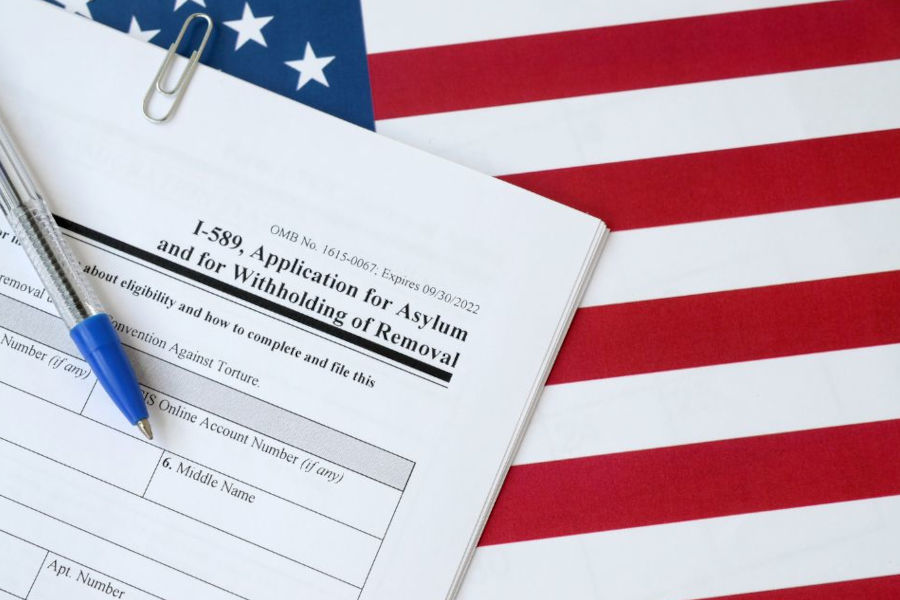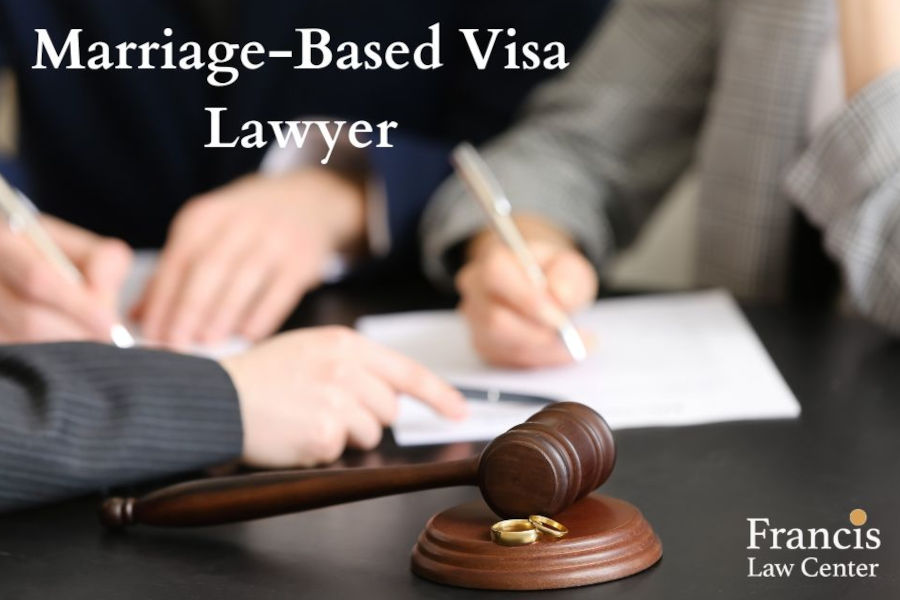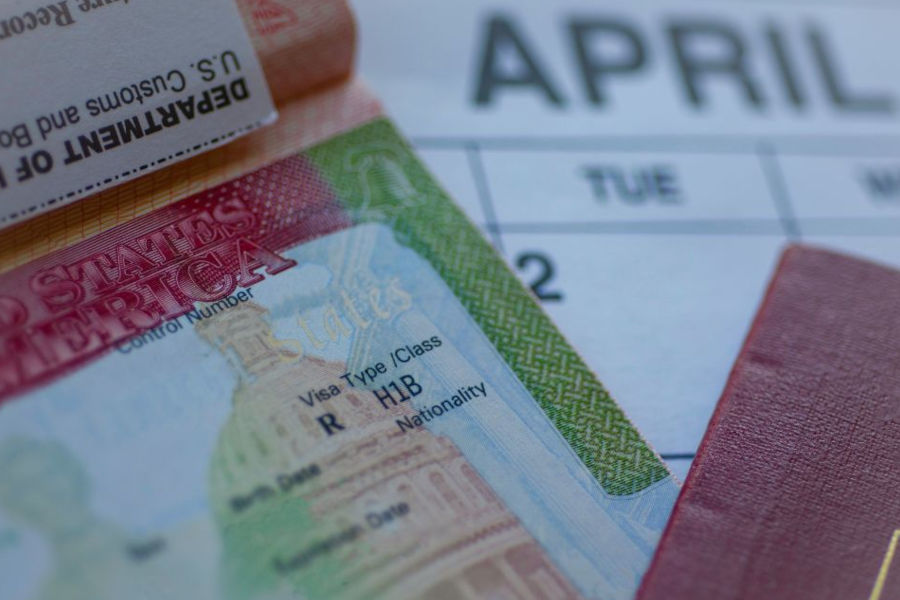Eligibility and Importance of Proof for U-Visa Application
If you are not a citizen of the United States and have been the victim or the “indirect victim” of a crime, you may be eligible to gain legal status in the U.S. for up to four years through the “U-visa” with form I-918 supplement B. After three years with a U-visa, you will be eligible to apply for a green card which will provide you with legal permanent residence and the possibility to apply for citizenship.
If you fit the requirement–you are not a U.S. citizen but reside in the U.S., you are a victim or indirect victim of a crime, you have completed the necessary forms, and have proof of of your being the victim (ie. police report)–you may be eligible for four years of legal status as well as the right to work. This blog will focus on the proof of your being a victim through the police report.
Role of an Attorney and Initial Steps for U-Visa Application
First and foremost, to apply for a U-visa, it is highly recommended that you work directly with an attorney. The application process for a U-visa is complicated and requires expertise in the field. There are multiple forms and documents required to apply, many of which are difficult to navigate and necessitate the assistance of an attorney.
Furthermore, the risk of an applicant making a mistake filling out these forms is much higher if they work without a licensed attorney than with one. Mistakes made will result in a denial and wasted time. So, to begin the process, assuming you are the victim or indirect victim of a crime, your first step should be to contact an attorney. From there, you will need to work with the attorney to properly fill out the necessary paperwork and begin to build your case.
Obtaining Proof: The Significance of a Police Report
The next step in the process is obtaining proof that you were the victim of a crime. Because this is the requirement for a U-visa application through form I-918 Supplement B, it is necessary to provide the attorney with a form of proof; without it, there will be no case. This proof can be in the form of a police report, trial transcripts, court documents, news articles, affidavits, etc. However, it is highly recommended to obtain a copy of the police report.
A police report is an official document explaining the crime in detail from the perspective of the police officer involved. If you spoke to a police officer during or directly after the crime was committed, it is highly likely that you will be included in the police report. This makes the police report the most direct, comprehensive, transparent, and, overall, the most reliable source to prove the applicant’s status of victim or indirect victim.
But what if you didn’t speak to a police officer at the time of the crime? What if you are an indirect victim of crime? There are exceptions made for form I-918 Supplement B. Mentioned above is the status of an “indirect victim”. ILRC states, “The definition of an “indirect victim” includes certain family members of direct victims who are incompetent, incapacitated, or deceased.
If the direct victim was a victim of murder or manslaughter or is incompetent or incapacitated as a result of the crime, then the following family members (and only these family members) may qualify as an indirect victim:
- Spouses; Unmarried children under twenty-one years of age;
- Parents, if the victim was under twenty-one years of age;
- Siblings under the age of eighteen if the victim was under the age of twenty-one” (Kinoshite, Sally, et al. pg. 15).
And if you were unable to talk to the police at the time of the crime, you are able to report details about the crime and the criminal to the police after the fact as long as you are compliant in their investigation.
Victim’s Role in Assisting Law Enforcement: A Key Aspect of U-Visa Cases
In addition to proving that you are the victim or indirect victim of a crime, you are required to participate in the apprehension of the criminal. The most common types of U-visa cases find that the victim is usually well acquainted with the criminal. These are crimes of domestic abuse, sexual assault, psychological damage suffered at the hands of abuse, etc. In this scenario, the victim must comply with the police investigation to arrest the criminal.
If the nature of the crime was random–an unplanned burglary, a victim of a stray bullet, etc.–the victim is still under obligation to assist law enforcement. This can consist of a statement to law enforcement about a physical description of the criminal, or even just a recollection of the event–in short, anything to help law enforcement will be sufficient for your U-visa case.
Post-Police Report Steps and USCIS Processing Time
Given that the applicant is working with a licensed attorney, the next step after obtaining the police report is to provide a copy of it to the attorney. This document is crucial to your application–without proof of your victimhood, your case cannot be processed. After the attorney is in possession of the police report, they are able to complete form I-918 Supplement B, the most important form in securing your U-visa application.
This form is signed by law enforcement and contains the information from the police report. The completed I-918 Supplement B will be added to the main U visa application, which is an I-918.
From here, the applicant must wait for the case to process with USCIS. Because of the high demand for U-visas, the processing times can be very long. This is another reason why it is important to work with an attorney–if you attempt to file yourself, you are at much higher risk of being denied, resulting in wasted time, and another long waiting period if you choose to file again.
The idea behind this type of case is that the United States, given its set of morals and values–liberty, freedom, democracy for all–must provide a path to citizenship to those who are affected by actions which the U.S. deems illegal. So, for current illegal residents who are suffering as the victim of crime, there is a path to citizenship provided in the hope that your suffering will be alleviated.
Your Next Move: Steps to Engage Francis Law Center’s U-Visa Expertise
Serving clients across Chicago, Schaumburg, Naperville, Madison, and beyond, Francis Law Center brings families together, advocates for humanitarian relief, and helps professionals and businesses with complex immigration issues, including Family-Based Immigration, Humanitarian & Citizenship, and Employment-Based Immigration.
We believe in an interconnected world powered by mobility and diversity. As part of our commitment to that idea, we provide a full range of services to clear the legal path enabling professionals, families, and businesses to thrive in the United States.
Schedule an Initial Consultation: Call us at 866-868-1596. You can also reach us online. We look forward to hearing from you.
This information is intended to educate and should not be taken as legal advice. Written by Francis Law Center Staff Morgan Durfee.










